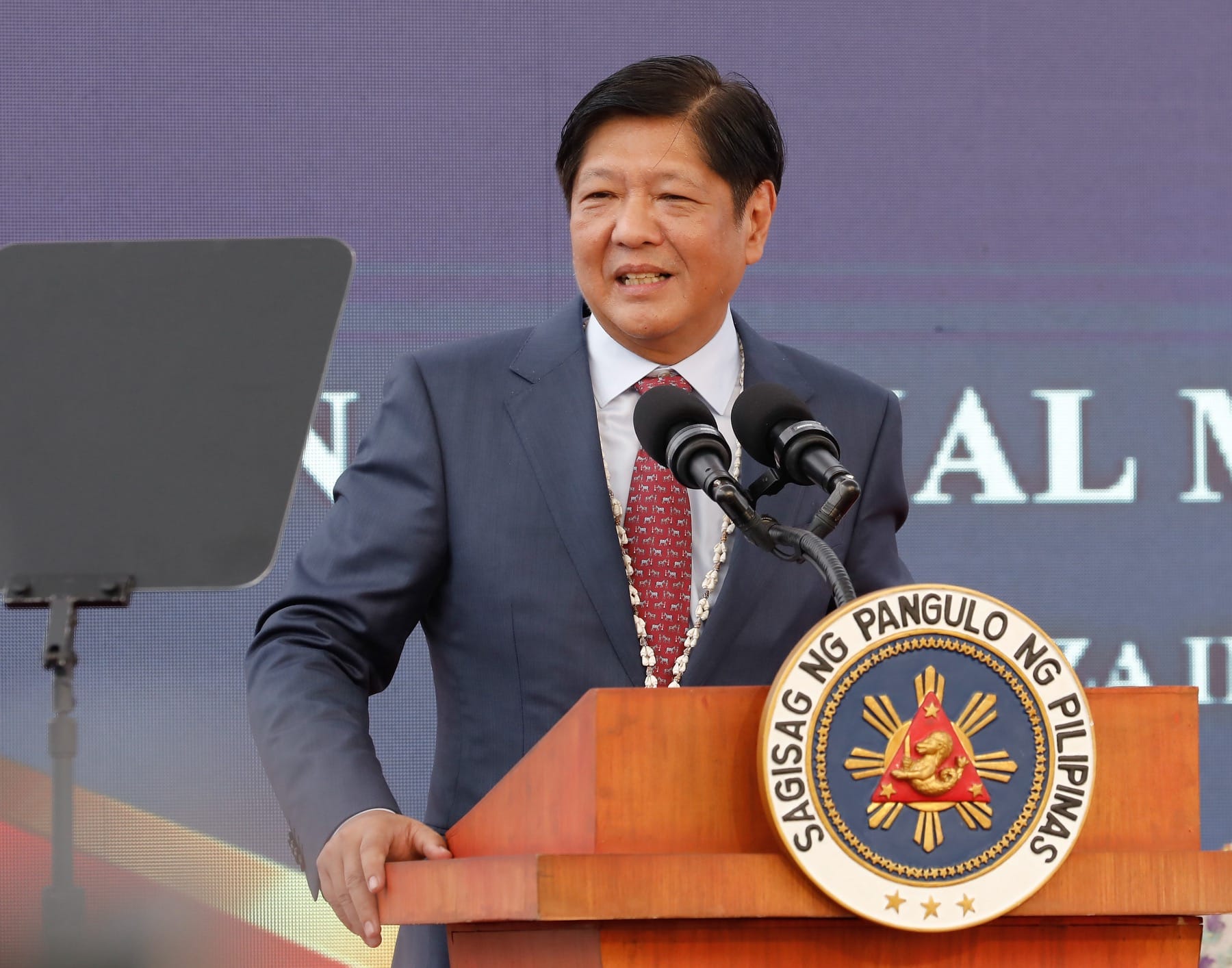News
Marcos to attend APEC summit in California in November

Marcos participated in the 29th APEC Summit in Thailand in November last year. (PNA photos by Rey Baniquet)
MANILA – President Ferdinand R. Marcos Jr. will participate in the Asia-Pacific Economic Cooperation (APEC) Economic Leaders’ Meeting in San Francisco, California in November this year.
Marcos confirmed his attendance during his meeting with members of the United States (US)-Association of Southeast Asian Nations (ASEAN) Business Council at Malacañan Palace in Manila on Wednesday.
“I look forward to joining fellow APEC Leaders in California later this year. This will be my third trip to the US since I assumed office,” Marcos told the US-ASEAN Business Council.
This will be the second time Marcos will attend the APEC Summit.
Marcos participated in the 29th APEC Summit in Thailand in November last year.
The APEC is a regional economic forum established in 1989 to leverage the growing interdependence of the Asia-Pacific.
This year, the US will chair the forum which will be held on Nov. 14 to 16 at the Moscone Center West in San Francisco, California.
Focusing on “Creating Economic Opportunity,” the APEC Summit will feature a lineup of dynamic and diverse speakers who will highlight the potential of collaboration to build a future that is centered on sustainability, inclusion, resilience and innovation.
Marcos is among the economic leaders who are expected to speak at the summit, according to APEC’s official website.
Marcos said he would advance the country’s energy security interest when he joins his fellow APEC leaders during the economic bloc’s gathering.
“With energy security high in the economic agenda, we are particularly interested in sustainable land, water, and ocean solutions that align with our climate goals and support our plans to transform the Philippines into an upper Middle-Income Country by the year 2025,” he said.
“All efforts to increase the number of power sources lean towards clean energy. That being the case, I am interested in the potential of nuclear energy, especially in light of new technologies and innovations that allow the use of smaller scale, modular, nuclear reactors, and other advanced [reactors] technologies that we see as being safer and more efficient than the more traditional designs of nuclear power production,” Marcos added.
Marcos noted that there are ongoing discussions with the US on the 123 Agreement which will provide the legal framework for civil and nuclear-related investments, particularly nuclear power, in the Philippines.
He expressed optimism that partnerships with the US and other countries, especially the private sector, would lead to the establishment of the necessary infrastructure for the planned transition to clean and renewable energy.
“We recognize the rule that we have set for ourselves that is the slow transition and it is slow. We all have great hopes that the transition to renewables will be easy or simple. It turns out that is not going to be the case and we have to be realistic in this regard,” he said.
The APEC Summit brings together 21 economies from around the Asia-Pacific to collaborate on the shared goal of creating a more open, resilient, sustainable and peaceful future for the people of the world’s most dynamic region.
APEC’s 21 member economies are Australia, Brunei, Canada, Chile, China, Hong Kong, Indonesia, Japan, South Korea, Malaysia, Mexico, New Zealand, Papua New Guinea, Peru, the Philippines, Russia, Singapore, Taiwan, Thailand, the US and Vietnam.
Sustaining economic growth
Meantime, Marcos said the Philippines’ economic recovery is “on track,” adding that the country would reach its upper-middle economic status “within a couple of years.”
“So, we have extended this now to what we call the whole-of-nation approach and that’s why the private sector has been recognized as a critical partner if we are to continue the transformation of our economy,” Marcos said.
“My economic managers and I have been pursuing and implementing reforms to attract more foreign investment and expand commerce not only domestically but of course also globally,” he added.
Marcos stressed that despite global economic headwinds, the country’s post-pandemic economic growth “defied predictions through sound economic and fiscal policies, responsive reforms and an enabling economic environment that drove commerce and domestic consumption.”
Marcos said his administration is aiming to continue the trend of the country’s economic growth in the coming years.
“And we have identified agriculture as a priority, the first priority action. Not only because it is absolutely necessary that the State is able to feed its own people, its own populace and to provide the food supply in a pricing structure that is actually affordable to people. And that is — but beyond the primordial mission of feeding the populace,” he said.
“The economic analysts have made it very clear that any transformation and any industrialization cannot really take place unless our agricultural sector is secured, our agricultural sector is robust, and our agricultural sector is efficient.” (





















